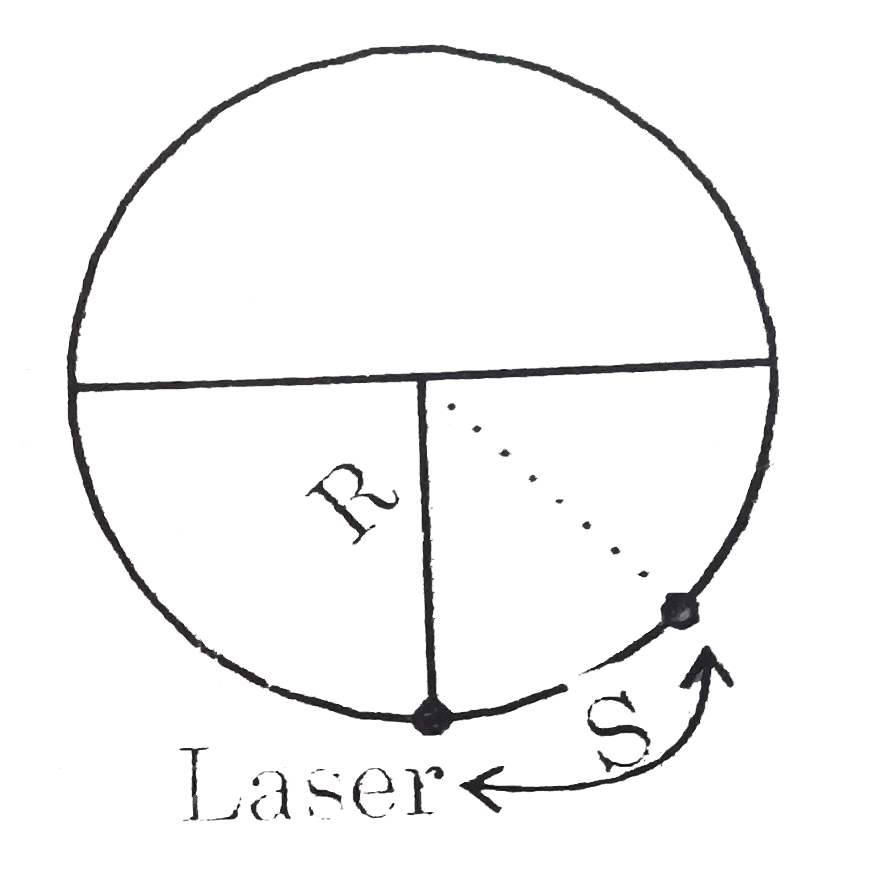Darwing discovered that canary grass coleoptile bends towards light only when .
It is 5 cm long
The seedling is growing in blue light
Coeloptile tip is intact and exposed to light
Cooler nights
The correct Answer is:C
To answer the question "Darwin discovered that canary grass coleoptile bends towards light only when...", we can follow these steps:
1. Understanding the Coleoptile: The coleoptile is a protective sheath covering the emerging shoot of monocotyledonous plants, such as canary grass. It plays a crucial role in guiding the growth of the plant towards light.
2. Identifying the Experiment: Charles Darwin conducted experiments on canary grass coleoptiles to understand how they respond to light. He observed that the coleoptiles bend towards light, a phenomenon known as phototropism.
3. Key Discovery: Darwin discovered that the bending towards light occurs only when the tip of the coleoptile is intact and exposed to light. This indicates that the tip is responsible for detecting light and sending signals for growth direction.
4. Analyzing the Options:
- Option A: "It is 5 centimeters long." - This does not relate to the light detection mechanism.
- Option B: "The seedling is growing in blue light." - While blue light is effective for phototropism, the key factor is the condition of the coleoptile tip.
- Option C: "Coleoptile tip is intact and exposed to light." - This is the correct answer, as it directly relates to Darwin's findings.
- Option D: "Cooler nights." - This does not influence the bending towards light.
5. Conclusion: Based on the observations and experiments conducted by Darwin, the correct answer is Option C: the coleoptile tip is intact and exposed to light.
Final Answer:
Darwin discovered that canary grass coleoptile bends towards light only when the coleoptile tip is intact and exposed to light (Option C).
---
- Option A: "It is 5 centimeters long." - This does not relate to the light detection mechanism.
- Option B: "The seedling is growing in blue light." - While blue light is effective for phototropism, the key factor is the condition of the coleoptile tip.
- Option C: "Coleoptile tip is intact and exposed to light." - This is the correct answer, as it directly relates to Darwin's findings.
- Option D: "Cooler nights." - This does not influence the bending towards light.
Darwin discovered that canary grass coleoptile bends towards light only when the coleoptile tip is intact and exposed to light (Option C).
Topper's Solved these Questions
- PLANT GROWTH AND DEVELOPMENT BOOK - AAKASH SERIESCHAPTER - PLANT GROWTH AND DEVELOPMENT EXERCISE - EXERCISE -II (GIBBERELLINS )
12 Videos
- PLANT GROWTH AND DEVELOPMENT BOOK - AAKASH SERIESCHAPTER - PLANT GROWTH AND DEVELOPMENT EXERCISE - EXERCISE -II (CYTOKININS )
26 Videos
- PLANT GROWTH AND DEVELOPMENT BOOK - AAKASH SERIESCHAPTER - PLANT GROWTH AND DEVELOPMENT EXERCISE - EXERCISE - I (VERNALIZATION )
2 Videos
- PHOTOSYNTHESIS IN HIGHER PLANTS BOOK - AAKASH SERIESCHAPTER - PHOTOSYNTHESIS IN HIGHER PLANTS EXERCISE - Exercise - III
27 Videos
- PRINCIPLES AND PROCESSES BOOK - AAKASH SERIESCHAPTER - PRINCIPLES AND PROCESSES EXERCISE - Exercise - III (Previous AIPMT/NEET Questions)
26 Videos
Similar Questions
Darwin and Darwin discovered that Canary Grass coleoptile bends towards light only when
View SolutionWhy does coleoptile turn towards light ?
View SolutionPlants bend towards light because
View SolutionWhat causes a green plant to bend towards light as it grows ?
View SolutionBending of stem towards light is
View SolutionA decapitated plant does not bend towards light because
View SolutionName the hormone which influence the tip of coleoptile and bend it towards light
View SolutionWhen a ray of light travels from optically denser medium to optically rarer medium, it always bends towards the normal.
View SolutionA horizontal cylinderical tank 6πm in diameter is half full of water. The space above the water is filled with a pressurized gas of unknown refractive index. A small laser can move along the curved bottom of the water and aims a light beam towards the centre of the water surface. When the laser has moved a distance s=1m or more (measured from curved face) from the lowest point in water, no light enters the gas. The refractive index of gas is (μwater=4/3)

View SolutionWhen YDSE is conducted with white light, a white fringe is observed at the centre of the screen. When the screen is moved towards the slits by 5mm, then this white fringe
View Solution
